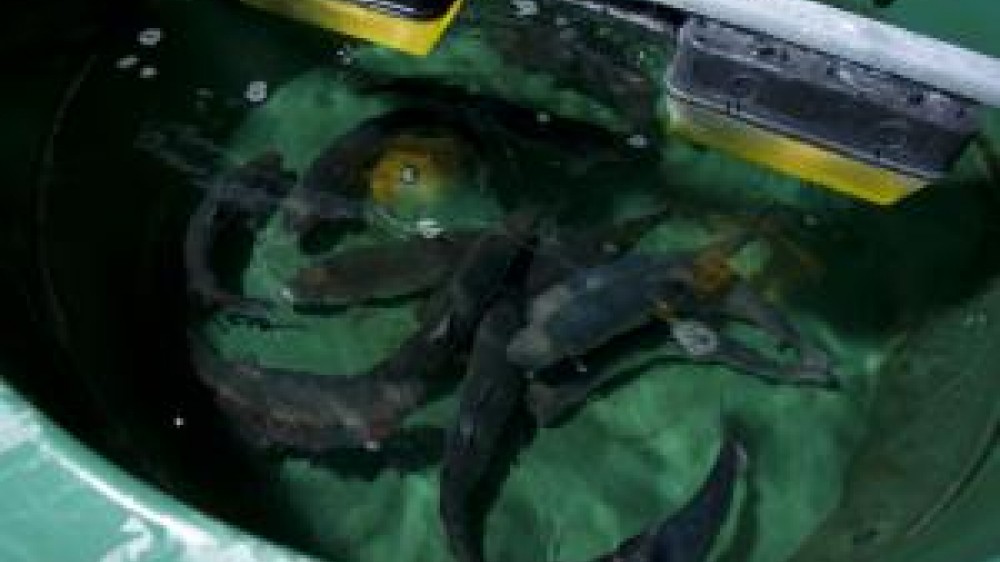New technique recreates gills to reduce the need for fish in experiments

Fish are commonly used in experiments to identify environmental hazards and pollutants in water.
As their gills are in constant contact with the water, they are often the focal point for studies seeking to understand the effects of exposure to toxicants.
A team at King’s College London, have validated a pioneering technique to recreate a freshwater gill system in the lab. This technique, published in Nature Protocols, provides a more humane way to study the impacts of environmental hazards on freshwater fish, whilst reducing the number of fish needed. The technique was developed as part of an NC3Rs project grant award to Professor Christer Hogstrand and others, along with a CASE studentship to Dr Nic Bury from the Biotechnology and Biological Sciences Research Council (BBSRC).
Professor Hogstrand said: “Whole-animal studies can use millions of fish worldwide each year, and therefore efforts are focusing on reducing and replacing these numbers.”
In the study, researchers found that using just two fish can produce between 40-72 ‘mini gills’.
Dr Bury said: “In this technique, gill cells from one fish are placed onto inserts and grown for a day. The next day, a second seed of gill cells from another fish are placed on top of the first seed – this is known as a double-seeded-insert technique (DSI).”
These ‘mini gills’ could potentially be used as an alternative to live fish for toxicology testing (which can use 42 fish per test) and bioaccumulation studies. They can also be used in environmental water quality monitoring, as the researchers discovered that they can tolerate freshwater in the laboratory, as well as river water taken in the field.
Dr Bury said: “The next step is to further develop this technique to extend its tolerance as the cell cultures can only withstand water exposure of up to 48 hours. By extending this period, the ‘mini gills’ could be used for longer-term studies.”
The new technique is documented in a video, supported by a BBSRC Sparking Impact Award to King’s College London:
